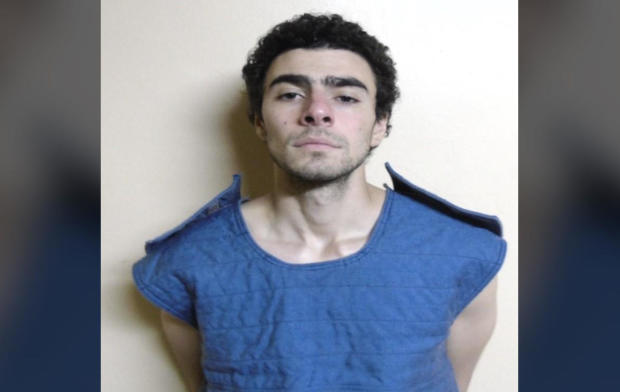Doctors warn of the potential to catch hypothermia
When the body of Douglas King, 64, of Chattanooga was discovered next to train tracks near East 11th Street, police said he most likely died from exposure to extreme frigid temperatures. King was homeless.
Parkridge Hospital Nurse Practitioner Adam Black said when temperatures plummet well below the freezing mark, the potential for Hypothermia increases.
"Certainly folks who are homeless exposed to the cold are going to be more at risk for hypothermia," Black said.
Hypothermia is a medical emergency that occurs when the human body loses heat faster than it can produce heat, causing a dangerously low body temperature. If a person doesn’t know the symptoms, the results could be tragic.
"You can definitely not realize it. If you don’t have anyone around you like homeless or elderly people who don’t have family or friends to check on them frequently; it can overcome you pretty quickly," Black said.
When the body’s internal temperature drops to between 95 and 90 degrees; severe shivering becomes noticeable. Between 90 and 85 degrees; the heart rate slows down. Breathing stops at 73-degrees. At 68-degrees, the heart stops beating and the person dies. But hypothermia can be prevented.
"It’s important that you have layers; all skin covered; fingers, ears face; all that kid of stuff covered well to prevent as much heat loss as possible," Black said.
Another potential problem associated with frigid weather is frost bite. In simple cases, the skin becomes red hard and numb and is easily treated by re-warming the skin.
But extreme cases require major medical attention.
"If it’s prolonged exposure and the tissue starts to die, things might have to be amputated," Black said.
Amputation is required to prevent healthy tissue from getting infected.
Emergency room doctors at both Erlanger and Parkridge Hospitals say they have not seen any cases of frostbite or hypothermia this week.





Leave a Reply